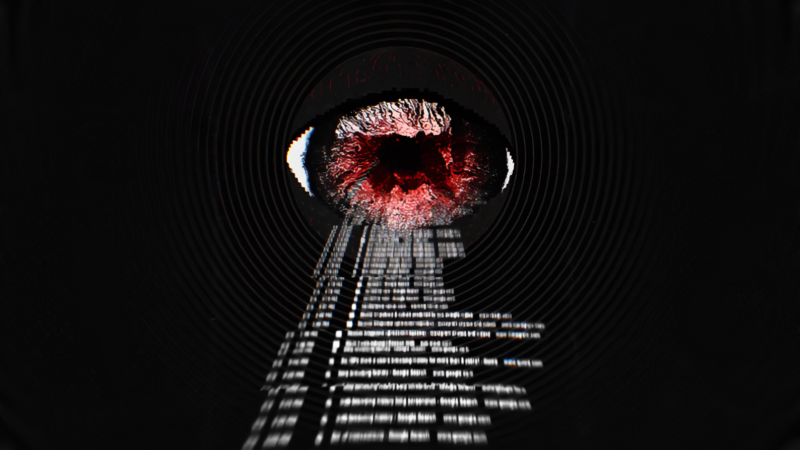Edward Snowden, the Surveillance State, and the 'Dark Mirror' Still Watching Us All
National security journalist Barton Gellman talks about "the surveillance-industrial state," the possibility of a Biden presidency or a second Trump term, and his gripping new book.

In 2013, Barton Gellman of The Washington Post started publishing stories about what he called the "surveillance-industrial state" based on documents given to him by former National Security Agency (NSA) contractor Edward Snowden. Along with work done by filmmaker Laura Poitras and journalist Glenn Greenwald, Gellman's exposés laid bare an extensive and previously unacknowledged network by which the federal government systematically and illegally spied on American citizens and routinely circumvented checks on its power.
Gellman has just published Dark Mirror: Edward Snowden and the American Surveillance State, which tells the story of his interactions with the whistleblower, bureaucrats, politicians, and the media as he helped reveal one of the biggest secrets in U.S. history. Nick Gillespie spoke with him about his new book and earlier, Pulitzer Prize-winning work that revealed how Donald Rumsfeld, Dick Cheney, and others in the Bush administration exceeded constitutional limits in the name of prosecuting the war on terror.
They also discuss national surveillance in light of the two major-party presidential candidates, Donald Trump and Joe Biden. Former heads of intelligence services are "much less sanguine about the government accumulating this enormous machinery of surveillance" with Trump in the White House because they openly acknowledge "it is subject to horrific potential abuse," says Gellman. At the same time, he stresses that Biden, who served in the Senate for decades and eight years as vice president under President Barack Obama, "has not been an apostle of transparency in the national security world. He was a strong backer of the prosecution of whistleblowers and leakers in the Obama administration and there were more prosecutions with charges of espionage against people who talked to journalists during the Obama administration than in all previous administrations combined, which had a chilling effect on national security reporting."


Show Comments (38)